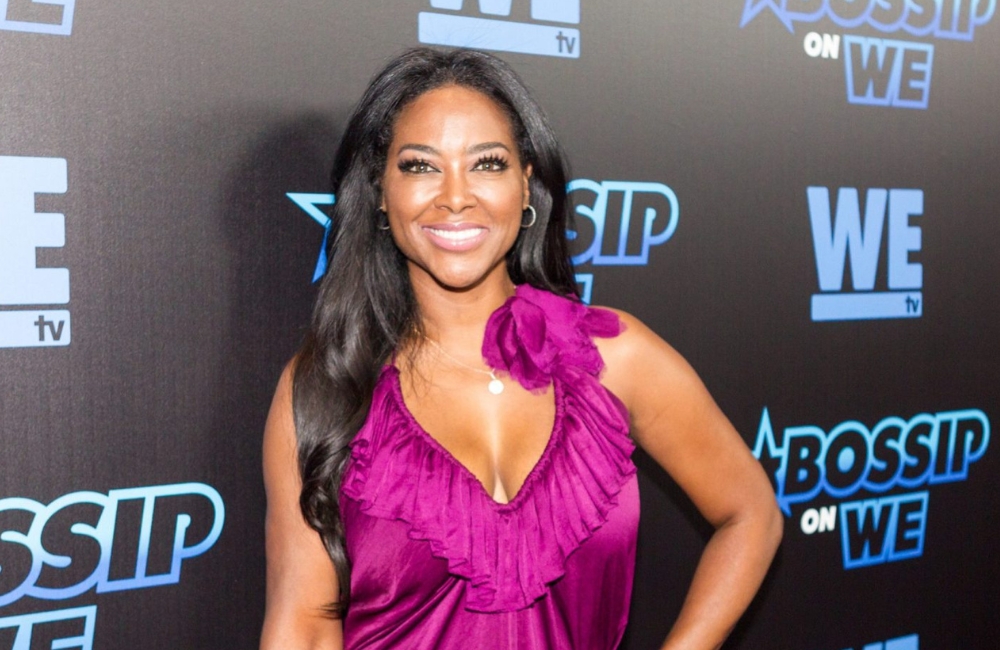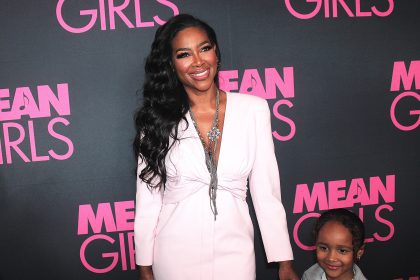Kenya Moore, once a commanding presence on the “Real Housewives of Atlanta” (RHOA), has abruptly exited the popular Bravo series following an explosive confrontation that has rattled both the cast and viewers. Her departure from Season 16 has ignited intense debate about the boundaries of acceptable behavior in reality television and whether shows like RHOA have cultivated a troubling environment where inflammatory actions are rewarded with increased screen time.
The breaking point
The pivotal moment occurred during the fifth episode of Season 16, when newcomer Brit Eady confronted Moore during what began as a routine dinner scene. The heated exchange quickly escalated when Eady accused Moore of dismissive and disrespectful behavior toward her. Rather than employing her trademark verbal sparring tactics, Moore chose silence—a strategy that seemingly intensified the already palpable tension. Eady’s subsequent comments suggesting intimidation sparked immediate backlash from longtime viewers, many questioning the production team’s decision to remove Moore while allowing Eady to remain on camera.
Digital backlash unfolds
Following the episode’s airing, social media platforms became battlegrounds for outraged fans defending Moore’s corner. The overwhelming sentiment suggested Moore had received unfair treatment compared to Eady, whose aggressive approach faced minimal consequences. This public reaction highlighted deeper concerns about RHOA’s apparent normalization of confrontational behavior among its ensemble cast.
Rejected olive branch
In an apparent attempt at reconciliation, Eady arrived at the grand opening of the Kenya Moore Hair Spa bearing flowers. The gesture, however, failed spectacularly when Moore rejected the peace offering and instead chose a path of public humiliation. Moore’s decision to share unflattering images and explicit content from Eady’s past crossed an unspoken boundary even by reality television standards. This retaliatory action not only shocked fellow cast members but ultimately cost Moore her position as a main cast member—symbolized by losing her “peach” in RHOA terminology.
Cast reactions reveal fractures
Moore’s behavior prompted unprecedented criticism from longtime colleagues. Cynthia Bailey expressed profound disappointment in Moore’s choices, a sentiment that resonated with viewers who had followed their friendship throughout multiple seasons. Cast member Shamea Morton captured the escalating nature of the conflict by noting that when someone goes low, others go lower, but Moore’s actions went too far. This commentary reflects growing concern about how far cast members will go to secure dramatic moments and valuable screen time.
Entertainment at what cost?
RHOA has built its brand on dramatic confrontations and memorable feuds, but Moore’s recent actions have prompted serious questions about the show’s ethical boundaries. Viewer fatigue has become increasingly evident as audiences express disappointment in watching accomplished women engage in behavior that undermines their professional achievements and personal growth. The reality television ecosystem has consistently incentivized outlandish behavior with increased visibility and financial opportunities, creating a troubling cycle that impacts both the participants’ reputations and the viewing public’s expectations.
The controversy extends beyond mere entertainment, touching on questions about representation and the responsibilities of networks that profit from conflict-driven narratives. Reality television has evolved from showing authentic glimpses into participants’ lives to manufacturing scenarios designed to provoke extreme emotional responses.
Uncertain future
Despite the severity of her actions, industry observers note that Moore’s permanent departure from reality television remains unlikely. Bravo has established a pattern of reintroducing controversial but ratings-driving personalities, suggesting Moore might eventually return to RHOA or transition to another reality platform. However, her recent behavior may create lasting damage to her professional opportunities beyond the reality television sphere.
The broader conversation around Moore’s exit speaks to evolving viewer expectations. While conflict remains an inherent element of reality programming, audiences increasingly demand more substantive content that balances dramatic moments with genuine human connection. This shift challenges producers to reconsider formulas that have prioritized shock value over authentic storytelling.
As RHOA continues without Moore, the franchise stands at a crossroads. The show must navigate viewer fatigue with excessive drama while maintaining the engaging personalities and relationships that have defined its success. Whether Moore’s departure represents a meaningful turning point or merely a temporary adjustment remains to be seen.
What remains clear is that Moore’s controversial exit provides an opportunity for reflection—for viewers, networks, and participants alike—about the culture we create through our entertainment choices and the values we reinforce through our viewership. The future of reality television may depend on finding a more sustainable balance between compelling drama and ethical representation.














